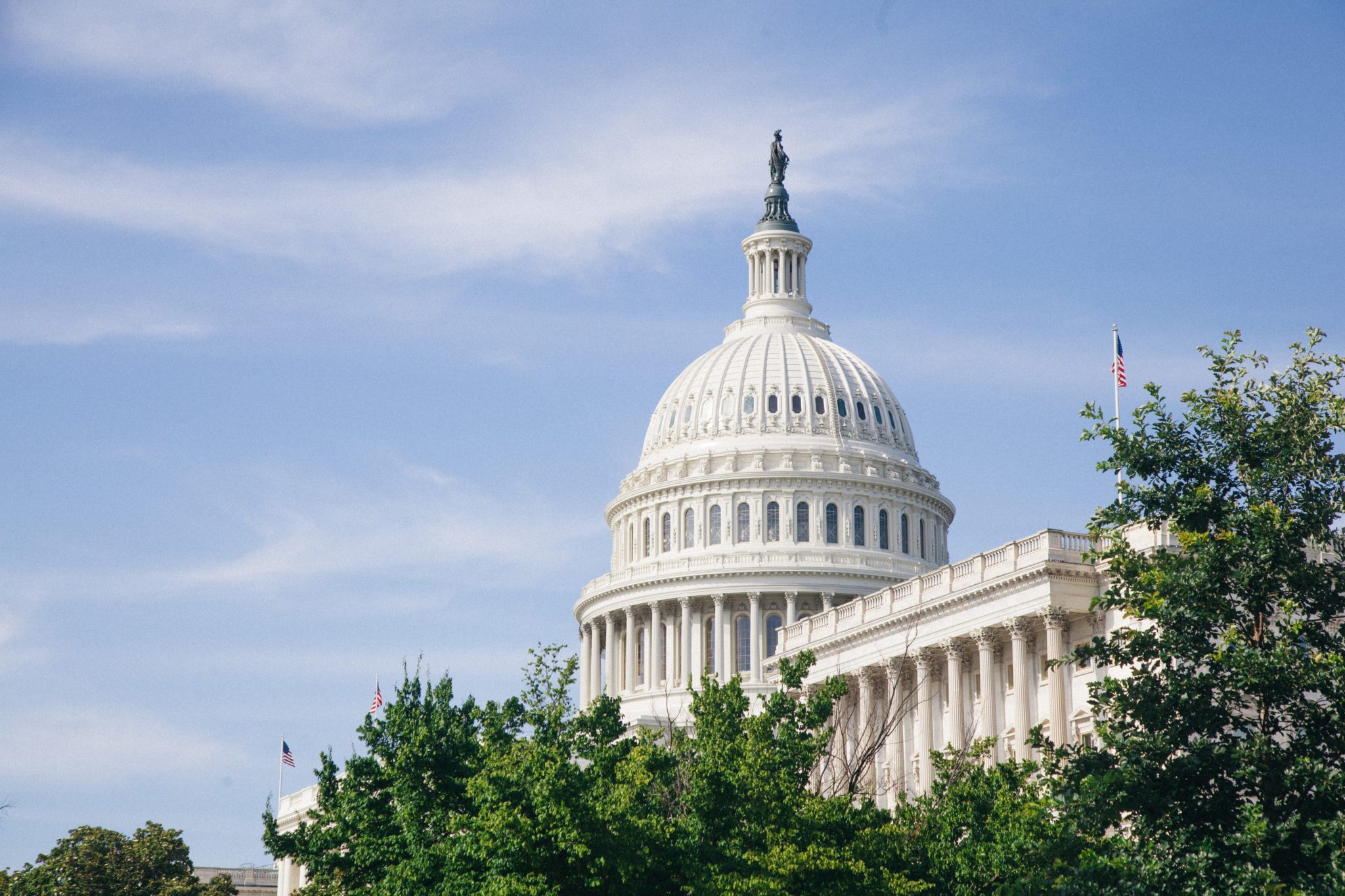Washington, D.C. – This statement can be attributed to Rev. David Beckmann, president of Bread for the World:
“We thank God for this victory. The Senate has decided against deep cuts to Medicaid and against taking health insurance away from tens of millions of people. Each of the healthcare bills that the Senate considered would have increased hunger, poverty, and disease in our country.
“What John McCain said as he returned from surgery points the way forward – bipartisan discussion and compromise. That’s the way forward on health care, tax reform, and appropriations.
“It’s time for congressional Republicans to move the nation forward through bipartisan discussion and compromise.
“We thank all the Bread for the World members who met with their members of Congress or contacted them through calls, personal emails, and letters. We also especially thank Sens. Collins and Murkowski for their courageous votes.”



